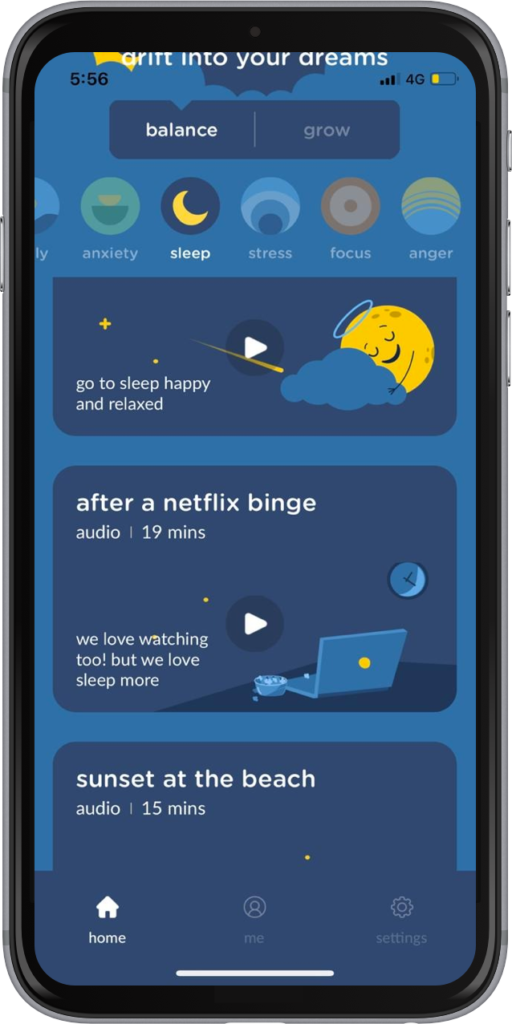Evolve > Sleep >Sleep-Wake Cycle: What Does It Mean?
Table of Contents
What is the Sleep-Wake Cycle?
The sleep-wake cycle refers to your 24-hour daily sleep pattern which consists of approximately 16 hours of daytime wakefulness and 8 hours of night-time sleep. This is controlled by your brain, which controls all internal functions of the body. These functions include when to feel sleepy, the release of hormones and temperature changes in the body, to name a few.
Sleep-wake cycles and circadian rhythms
It’s helpful to know a little about circadian rhythms and their relation to sleep-wake cycles. Circadian rhythms are physical, mental, and behavioral changes in response to light and dark. This is in tune with your internal body clock which controls different processes, including sleep-wake cycles. These cycles are synchronized to the daily light-dark cycle of the external environment. This cycle affects your sleep and wake times. It’s why you feel sleepy at night and hungry around lunchtime and dinner time.
How does your sleep-wake cycle get disrupted?
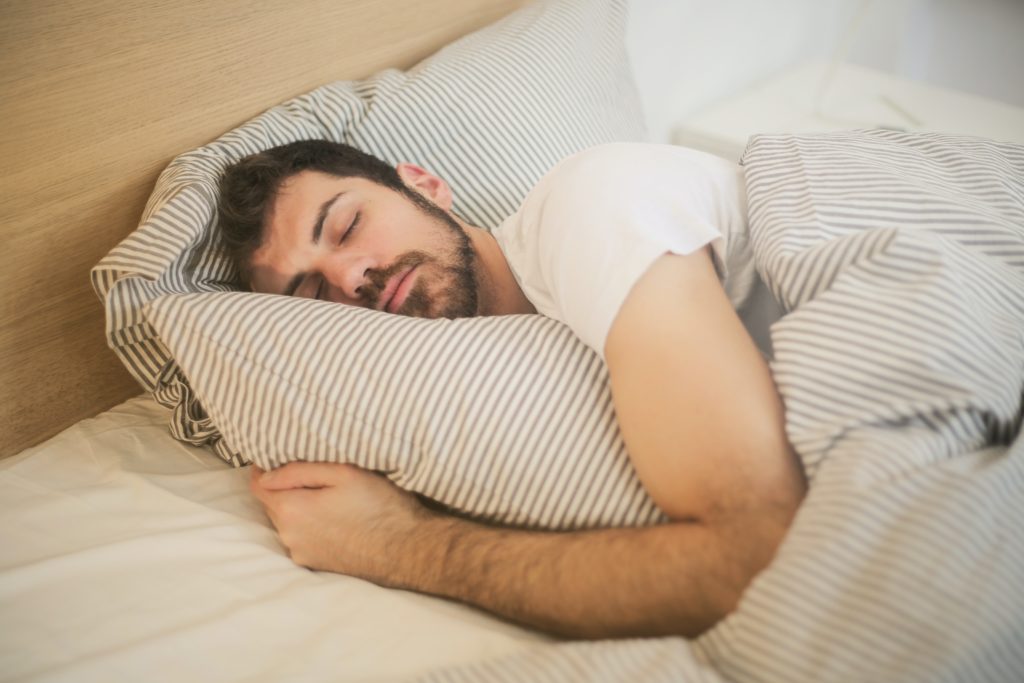
The sleep-wake cycle is disrupted when your circadian rhythm is disrupted. Circadian rhythm is disrupted by internal and external factors. When sleep disorders are originated within the body then it’s called intrinsic circadian sleep disorders. Those that originate from outside the body are often referred to as circadian rhythm disorders. Some of the factors which disrupt sleep-wake cycles are:
- Irregular Routine
- Blue Light Exposure
- Jet Lag & Shift Works
- Caffeine
- Lack of Healthy Diet
Irregular Routine
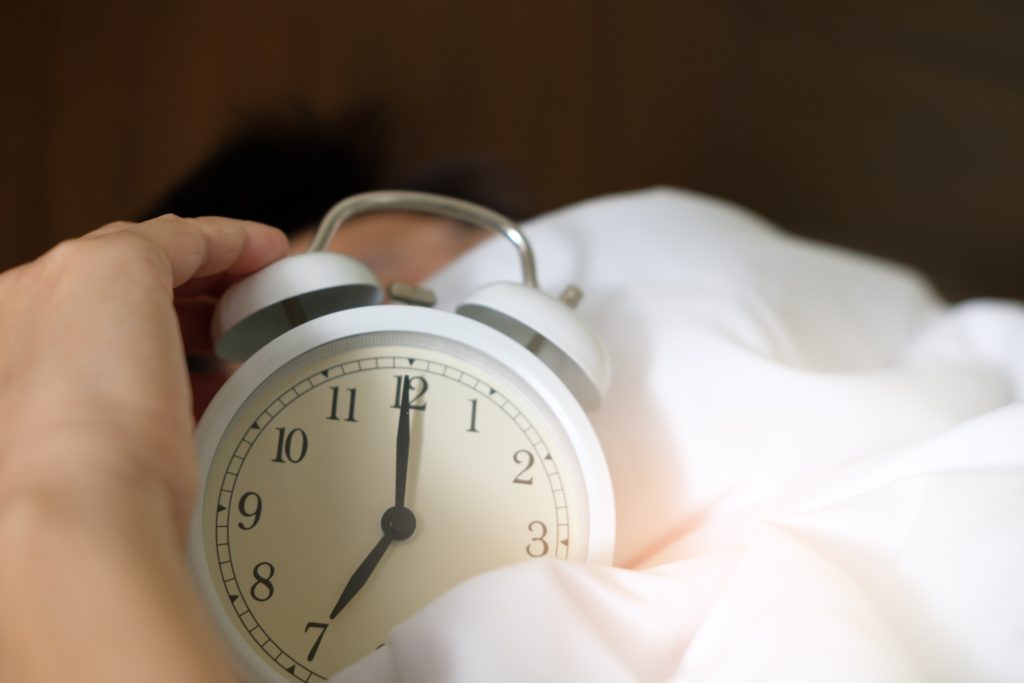
Having an inconsistent nighttime schedule and receiving various amounts of sleep from night to night has been related to an increased risk of developing varies health issues and it also disrupts your sleep-wake cycle. Even if you believe you receive enough sleep, a disruption in your sleep routine might have a negative impact on your health.
Blue Light Exposure
Blue light has been proven in research to promote attentiveness [47-50] and stimulate cognitive functioning [51-53]. A recent study found that using light-emitting e-readers before bedtime may have a significant impact on sleep and the circadian clock.
Once you’ve established a habit centered on your smartphone, it becomes your existence. People are losing more sleep than ever before as a result of their continual connection with devices such as tablets, smartphones, and laptops.
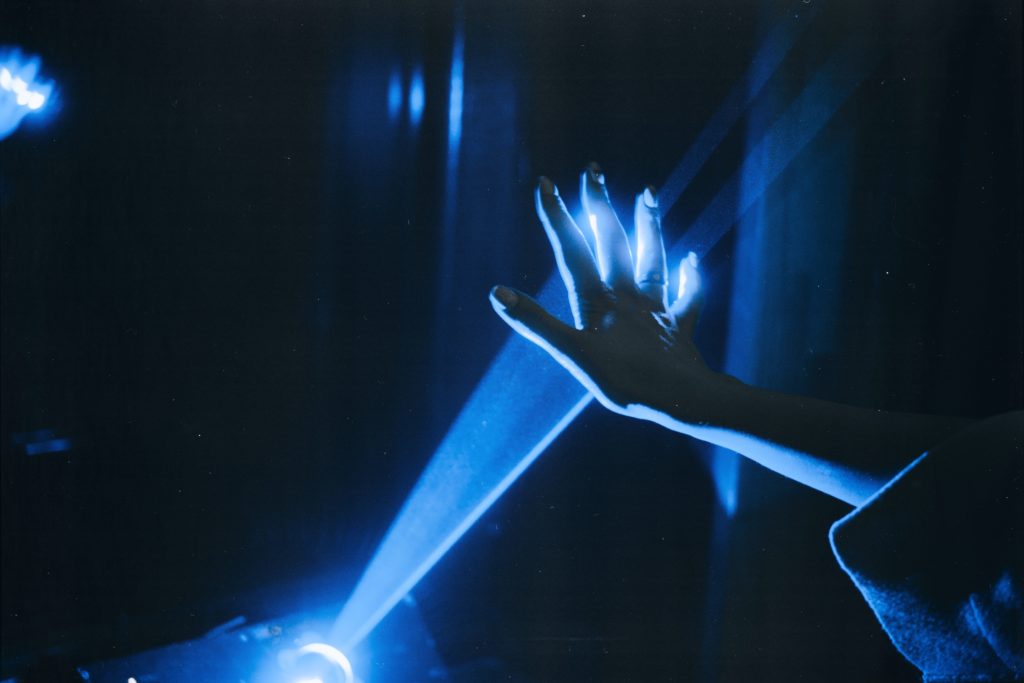
According to current research, these “distractions” and brightly lighted displays can interrupt sleep-wake cycles by throwing off your circadian rhythms, in addition to keeping you up much beyond your typical bedtime texting pals on social media.
Jet Lag & Shift Works
SWSD, or Shift Work Sleep Disorder, is characterized by extreme tiredness when awake at night and sleeplessness while attempting to sleep during the day (isn’t this a typical reaction?). It affects persons whose jobs demand them to sleep during the day rather than at night.
As previously said, your circadian cycle is in sync while you sleep at night. This is your natural sleeping pattern. Being up all night and sleeping throughout the day, on the other hand, disturbs that pattern. Because you’re attempting to alter one of your body’s normal activities, your circadian rhythm becomes dysregulated.

This is also what causes Jet Lag. Jet lag is a severe interruption in your body’s natural biological rhythm. This is common after traveling across numerous time zones (thus the term “jet lag”). In general, the more time zones you cover, the worse the symptoms get.
Caffeine
Caffeine’s effects on the sleep/wake cycle are being modelled. Caffeine is included in many everyday items, such as coffee, soda, and chocolate, and is known to delay the onset of fatigue and create sleep problems. It is an adenosine antagonist, which means it inhibits several chemicals that cause sleep and hence promotes alertness.
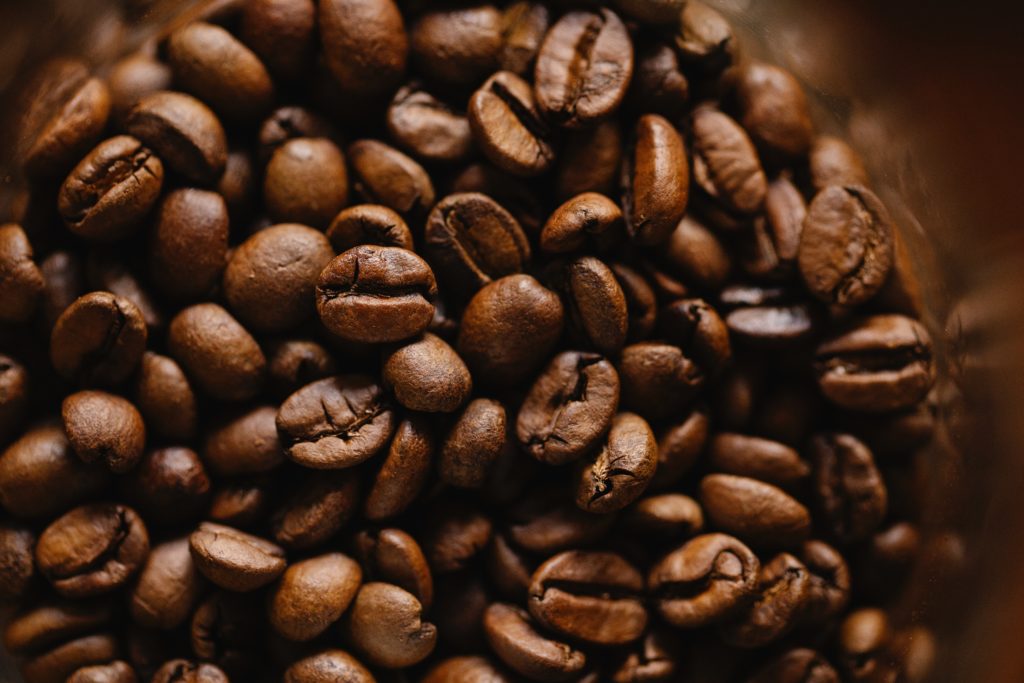
Lack of Healthy Diet
Diet and nutrition can have an impact on the quality of your sleep, and specific meals and drinks might make it easier or more difficult to obtain enough sleep. A increasing amount of available data suggests that good nutrition intake is essential for good sleep. Hence lack of diet can disrupt the sleep-wake cycle.

How to correct irregular sleep-wake cycles?
Having a poor circadian rhythm causes an irregular sleep-wake cycle. In order to fix irregularity, it’s necessary to fix the circadian rhythm.
- Add structure to your day
- Reduce screen exposure at night
- Get the best sleeping environment
- Have a better sleep hygiene
- Avoid taking naps throughout the day
- Have Melatonin rich food throughout the day
Add structure to your day
By doing this, you’re giving your internal system a chance to follow a set routine. Similar waking and sleeping patterns allow your body to function smoothly with no problems. If you eat at the same time everyday, exercise or work during the same hours and sleep every night at the same time, it’ll help you get your sleep-wake cycle back on track. This is because your body and mind will be familiar with your cycle and accordingly adjust its behavior. You won’t feel hungry when it’s time to sleep and your circadian rhythm will also be in check with the light-dark exposure.
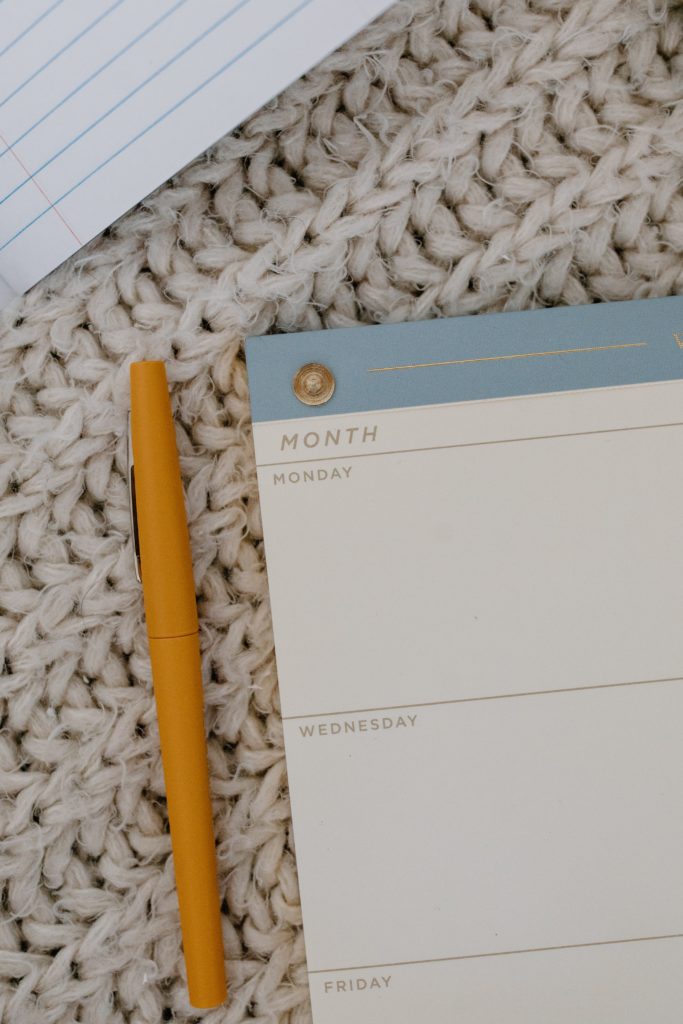
Reduce screen exposure at night
At night, when it’s dark outside, it’s best to reduce your exposure to bright light. The biggest source of this light is your smartphone or laptop. Avoid working late at night, binge-watching TV or browsing social media when it’s late at night. This will stimulate your body and mind, reduce the amount of melatonin in your body and lead to more alertness. As a result, you will not be able to sleep soon and it’ll disrupt your sleep-wake cycle the next day. Try Evolve’s “post a netflix binge” to sleep faster in case you’ve been binge-watching TV at night.
Get the best sleeping environment
An ideal sleeping environment is good for your body and mind. It gets the best out of your sleep-wake cycle and allows you to get enough sleep. As a result, your wakefulness hours are spent in a productive manner doing the things you need to do when it’s bright and sunny outside. If you’re unable to do this, it would lead to a lot of restless sleep or sleepless nights. As a result, you may suffer from daytime sleepiness or oversleeping too! An ideal sleeping environment is one which is dark, sound-free, with comfortable mattresses and blankets and with an optimal temperature that suits you and your sleep-wake cycle!
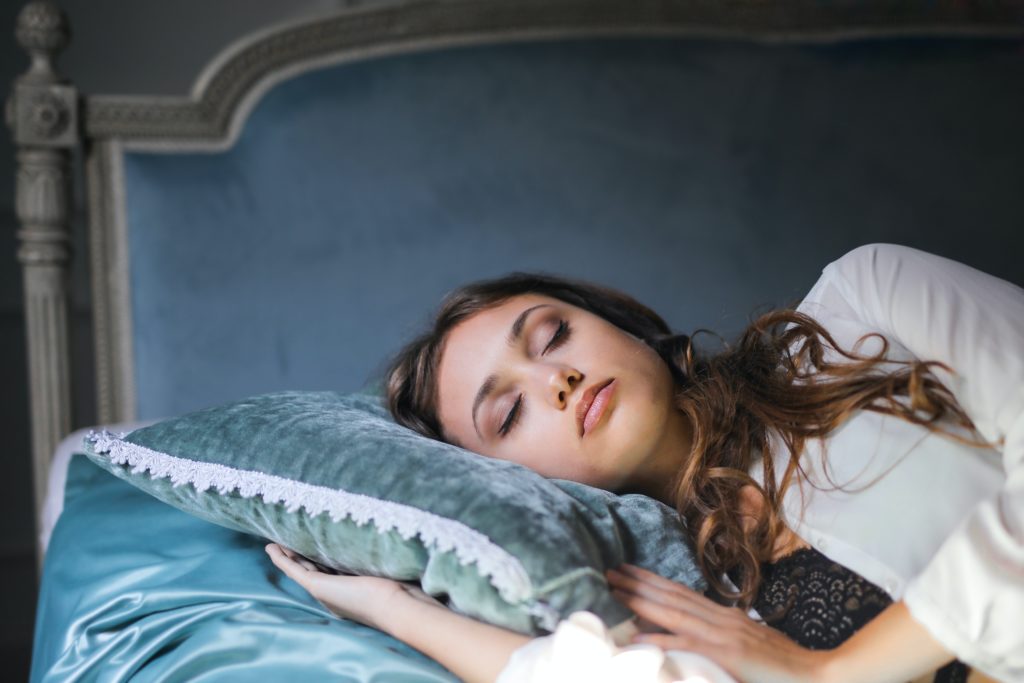
Have a better sleep hygiene
Improved sleep hygiene can help to enhance the sleep-wake cycle. Sleep hygiene is the collection of healthy behaviors that accompany a regular sleep routine. Aspects of sleep hygiene include:
- Getting up and going to bed at regular intervals
- During the day, expose oneself to natural light.
- Eating a nutritious food and exercising on a regular basis
- Avoiding using technologies that generate blue light waves before going to bed.
- Avoiding coffee too close to bedtime
- Maintaining a dark, cool, and peaceful bedroom
Avoid taking naps throughout the day
Avoid taking naps during the day. Sleep during the day can disrupt your night sleep cycle. If you are extremely exhausted and need a day nap then make sure you keep the nap short.
It’s difficult to resist naps, and some argue that prohibiting them is unlawful. A long nap, on the other hand, may indicate to your internal clock that you’ve slept for the night, making falling asleep at nighttime difficult. As a result, keep naps to 20 to 30 minutes. That’s long enough to make you feel rejuvenated but not so long that you fall asleep.
Have Melatonin rich food throughout the day
When your circadian rhythm has to be corrected, this is the most crucial stage. Melatonin is essential to your circadian rhythm and is responsible for your ability to fall and remain asleep. Many people think of it as a supplement, but it’s actually a hormone produced by the pineal gland in the brain. And it’s being blocked for the vast majority of people.
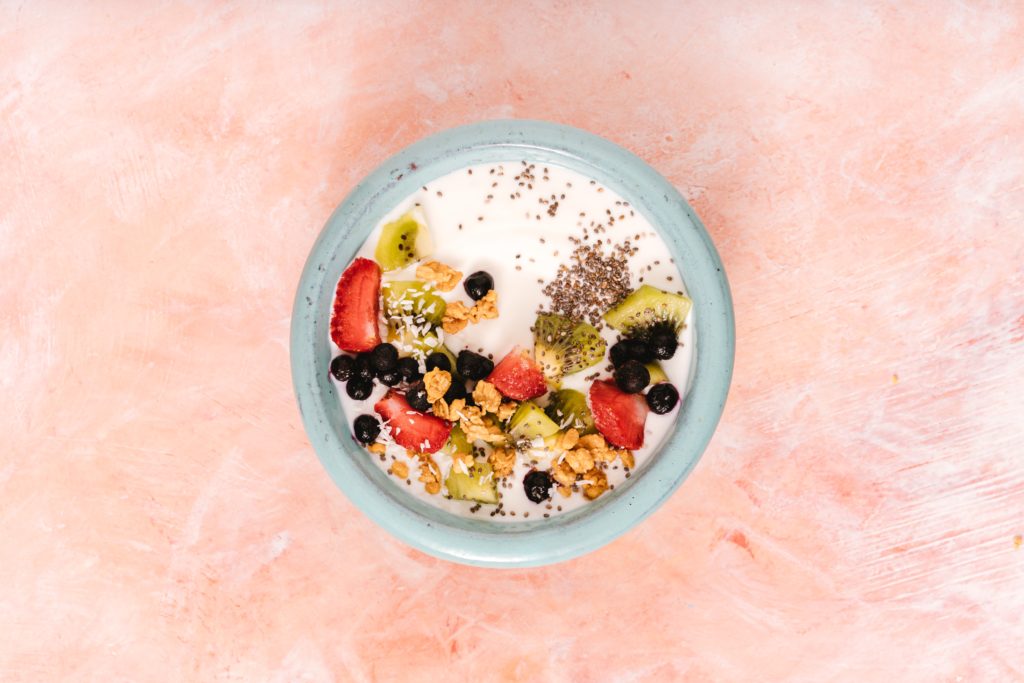
Melatonin is responsible for inducing deep and restful sleep! Foods that help you sleep are Melatonin-rich. Melatonin-rich foods improve your sleep patterns and sleep faster every night! Start eating melatonin-rich food.
Ensuring you follow a good sleep schedule and routine, get the most of your sleep cycles and reduce stress throughout the day are good practices for your sleep-wake cycle. In case you are not sleeping well at night, try meditation to improve your sleep quality and fall asleep faster!
Evolve’s guided audios help you fall asleep faster, get good quality sleep! The Evolve app is now live globally on Android & Apple, click here to try for free!
Read More
- Sleep Meditation: Sleep Better & Faster With Guided Mediation Before Bed
- REM Sleep Cycle: 5 Tips To Improve REM Sleep
- 10 Best Sleep Quotes To Help You Fall Asleep
Co-founder and brains at LeapX by C32 Media Labs
Mail at sarah@c32.media to connect with her.

